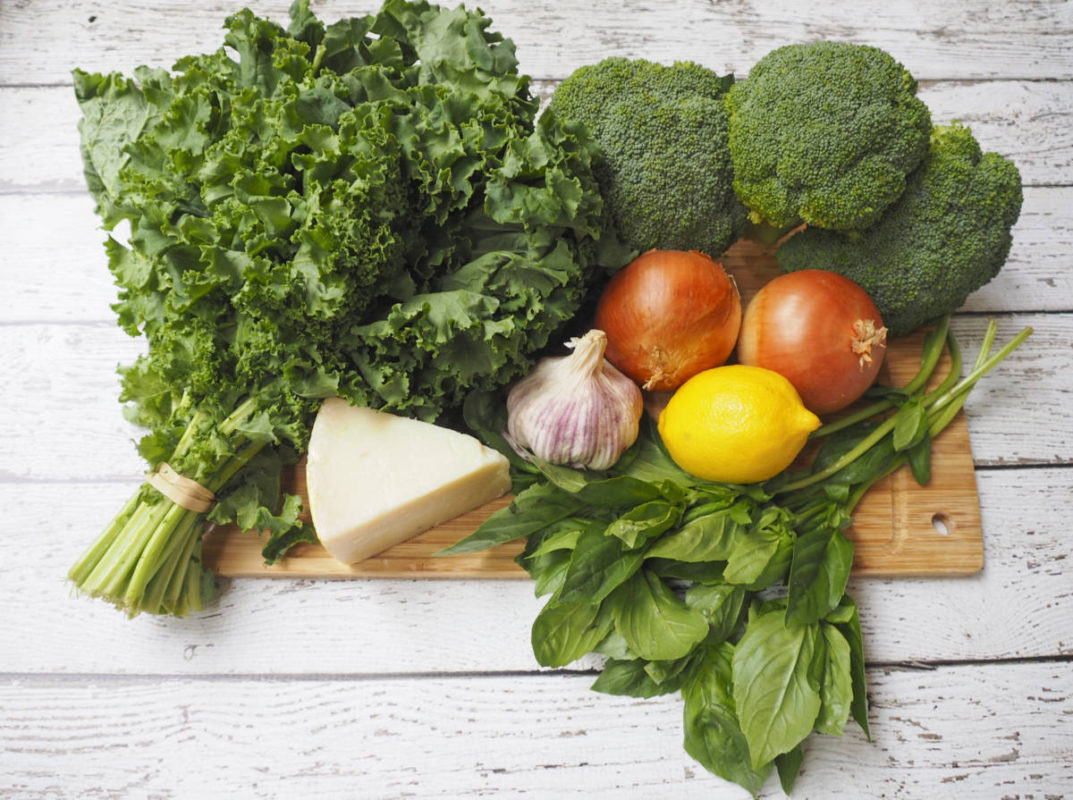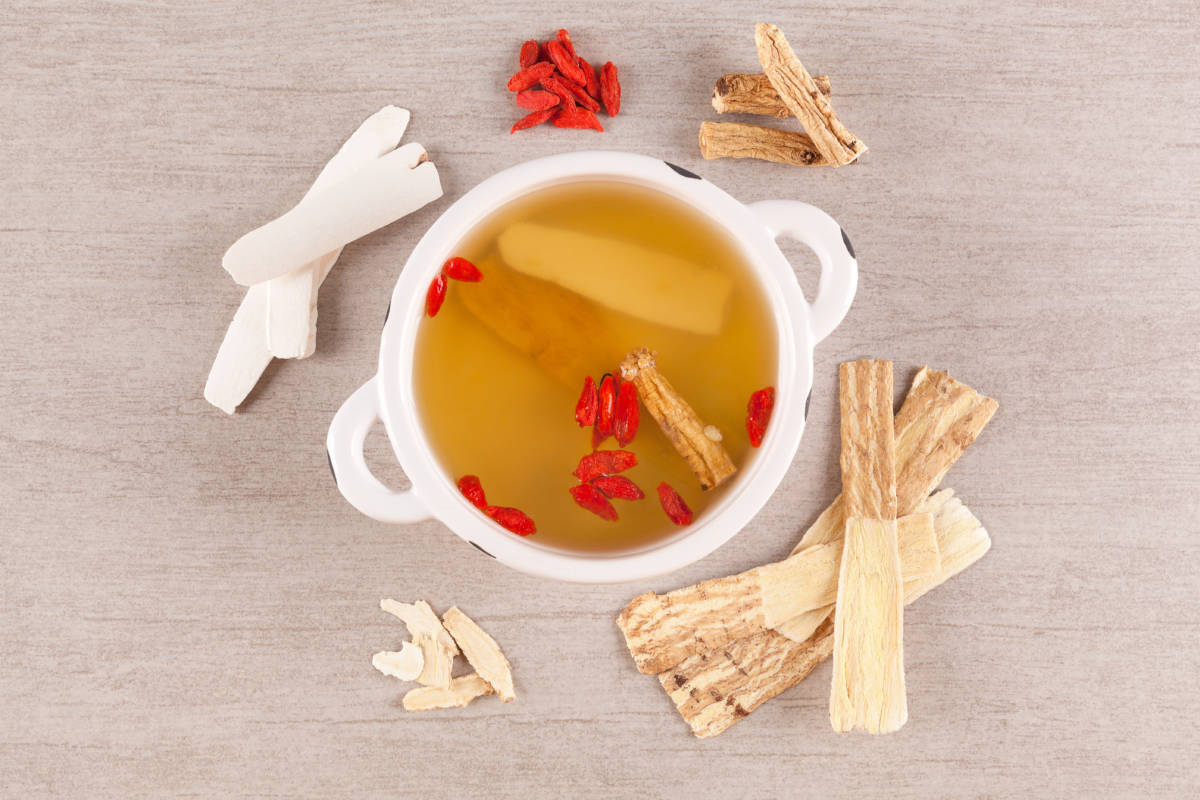In a recent report done by a market research firm, Singapore is the 2nd country with the most sleep-deprived people, where around 62% of the population is estimated not to get enough sleep. (First on the list is Britain.) Also, in the same report, more than 8 in 10 Singaporeans spend their weekends sleeping in to repay the sleep debt they accumulate over the weekdays. Prolonged sleep deprivation can lead to depression, anxiety and a poorer immunity system. In other words, both your mental and physical wellbeing are taking blows from a lack of sleep.
Understanding Insomnia with Traditional Chinese medicine (TCM)
Traditional Chinese Medicine theory associates insomnia with the ‘heart spirit’ (a direct translation of 心神 xin shen). The phrase ‘heart spirit’ probably sounds weird to you, but what it actually means in TCM theory, is that the heart houses an energy and force that controls your mental and physical body, guides your consciousness and wields your sense of awareness. When there is a disruption in the heart spirit, causing a deficiency in this heart spirit or imbalance in the heart-consciousness system, this will result in symptoms like heart palpitation, headache, fatigue and insomnia. Such disruptions can be caused by a number of unhealthy habits, such as stress, prolonged frustration in your life, binge-eating, and an irregular daily routine.

So, what are the 3 mistakes?
1. Surfing your phone or laptop on bed excessively before you sleep
Do you always surf social media for the latest posts right before its lights out? This is one of the commonly-reported behaviour of people who have insomnia. Why does this behaviour disrupt your sleep? First of all, holding your phone close to your face in the dark exposes you directly to bright, blue-wavelength light, which is especially disruptive to your sleep rhythm. Second, reading Facebook posts and Instagram stories will over-stimulate your mind and keep the heart spirit too active when it’s time for bed, making you alert and nowhere near a state of sleepiness.

What should you do?
Do not surf your laptop or phone at least 30 – 60 minutes before bed. If you must, then at least do not surf it on the bed lying down. Before you sleep, settle into an activity that is relaxing, like reading a book, planning for the next day etc. Dim your home lights to ease into a comfortable environment that induces sleep.
2. Eating too much just before you sleep
Supper, Singaporeans’ favourite pastime, can actually keep you awake at night. Whether it’s dim sum in Jalan Besar, frog porridge in Geylang, or durians in Balestier, most of the supper food in Singapore are rather oily, sweet and heaty. This will cause excess heat and phlegm in the body which in turn, can disrupt the heart spirit and cause insomnia. In addition, eating supper or binge-eating can also lead to weight gain and increase the risk of diabetes and high cholesterol levels.
What should you do?
Limit the number of supper nights to preferably 1 – 2 times each month. If you have to go for supper, eat food that are less oily and sweet, and eat just a small portion. Have your last full meal two to three hours before bedtime, if possible.

Photo Source: The Sensitive Foodie
3. Sleeping in during the weekends (Yes, this is a mistake!)
Bad news for everyone who sleep in during the weekends to repay their sleep debt. Doing so is actually harmful for you. Ever experience sleeping in on a Sunday till 11am and not being able to sleep at your usual time at 11pm? And then not being able to wake up the next day for work on time? This is called “social jet lag”. Social jet lag is when there is a change in sleep schedule that many people undergo on their days off work, as compared to work days. Many people sleep much more on their off days, disrupting your body’s sleep clock. Like the above mistake, prolonged social jet lag can cause insomnia, and unfortunately, weigh gain too as well. (Source from WebMD)
What should you do?
Limit your sleep-in time during weekends, if you aren’t able to stick to the same schedule as the weekdays. For example, during the working days, you sleep at 11pm and wake up at 6am (7 hours of sleep). During the weekends, you should go to sleep at the same time (11pm) and can wake up at 7 – 8am (1 to 2 hours more than during your weekdays).
Best time to sleep?
11pm. According to TCM body clock theory, 11pm -1am (timing of the gall bladder meridian) is when yin energy fades and yang energy begins to grow. Yang energy helps you to keep active during the day and is stored when you are asleep. At 1 – 3am (timing of the liver meridian), you must be in deep sleep as during this time, the liver gets to work, toxins are removed from the body, and fresh blood is produced.
Other tips to have a good night’s sleep
1. Soak your feet in warm water
Soaking your feet in warm water for around 15 minutes before you sleep can help to improve circulation in your lower limbs, relieving stress and tension, thus improving your sleep. Remember to dry your feet after you have removed them from the water. In addition, you can wear socks at night for better blood circulation in your lower limbs.
2. Chinese Herbs
Traditional Chinese Medicine herbs such as rose (玫瑰花), lily bud (百合), Zizyphus seed (酸枣仁) can help to improve sleep. Ask a licensed TCM physician to help you diagnose your insomnia condition and they will prescribe the proper Chinese herbs for you.

This article is originally written by TCM Physician Derrick Soh for YourTCM portal.
